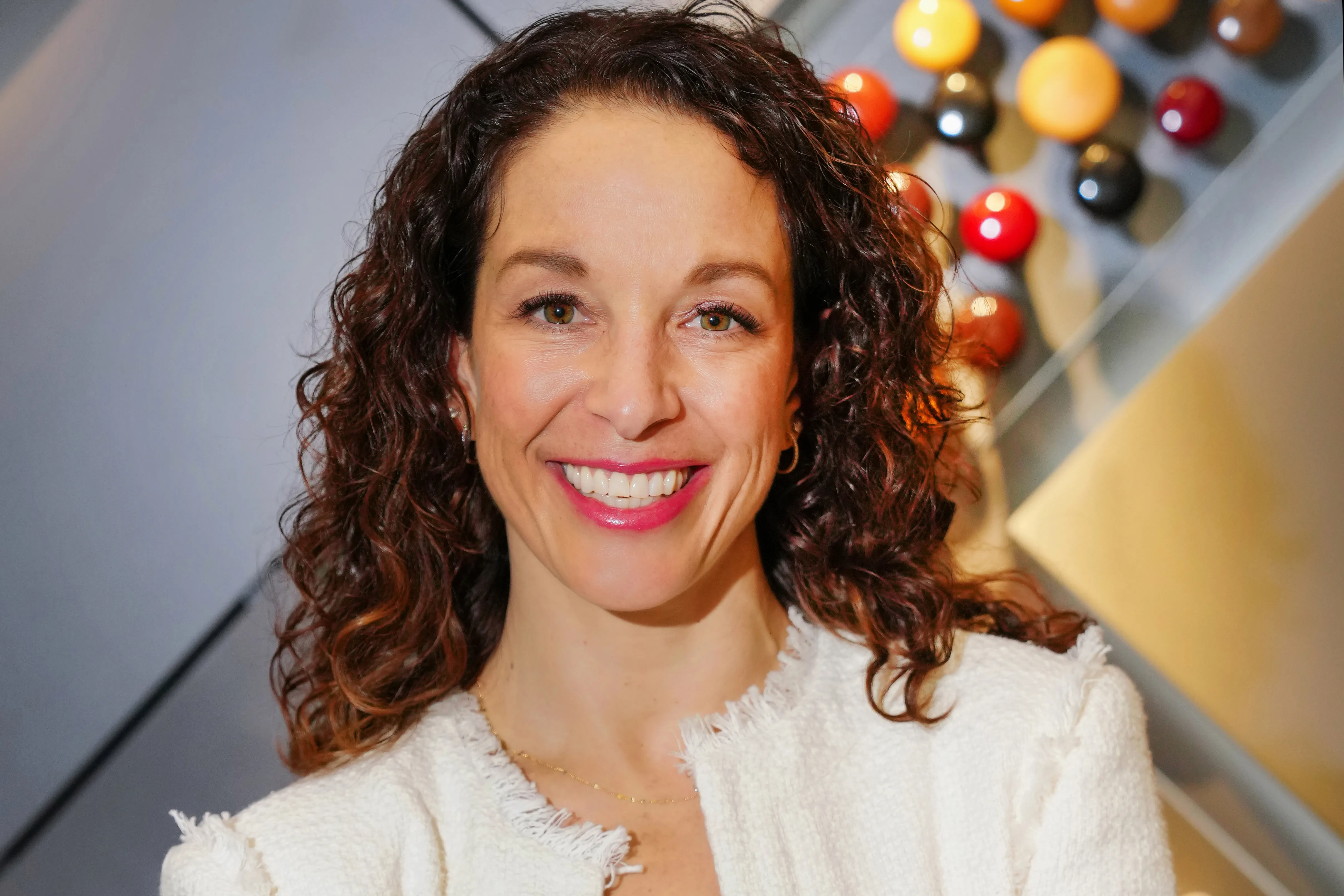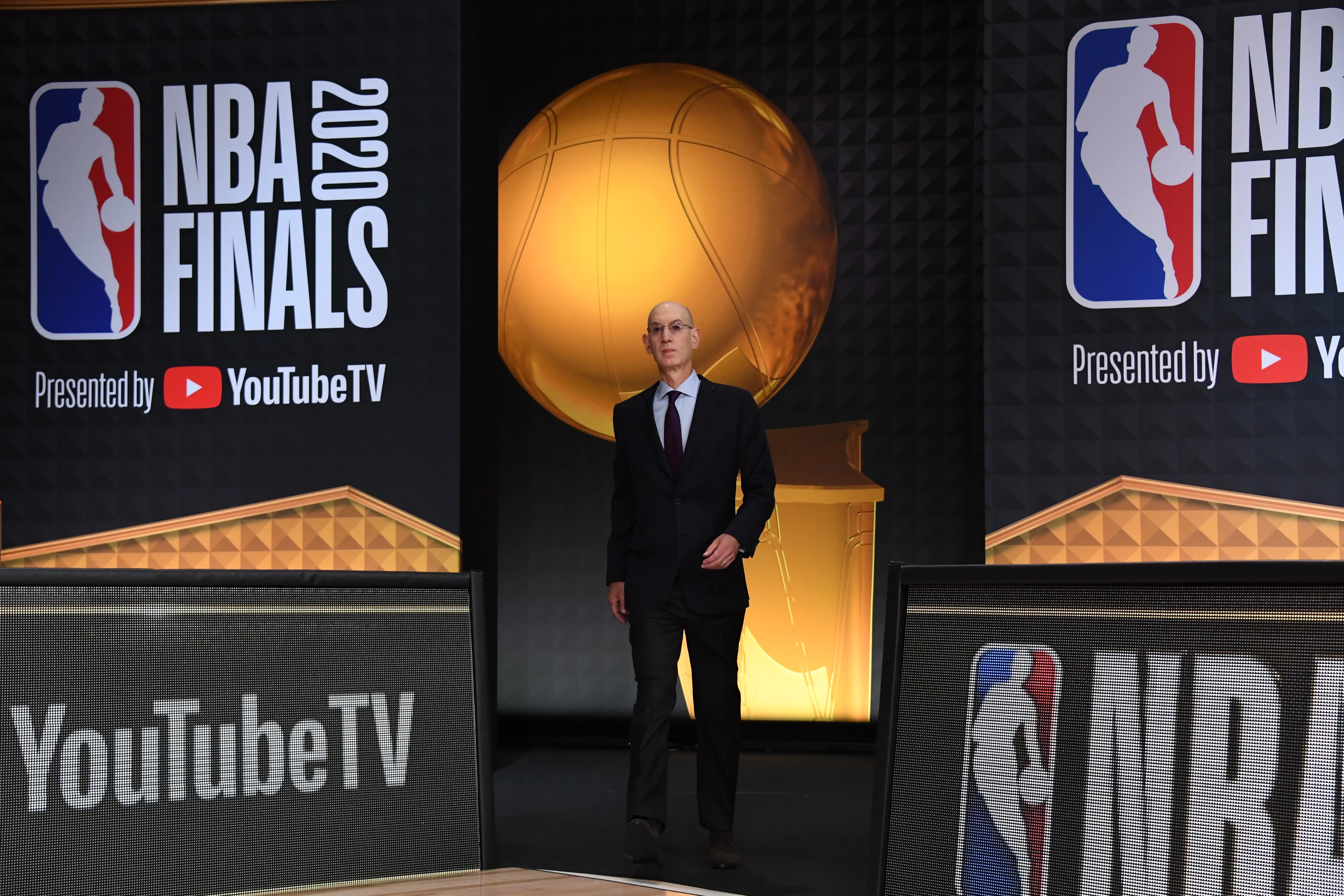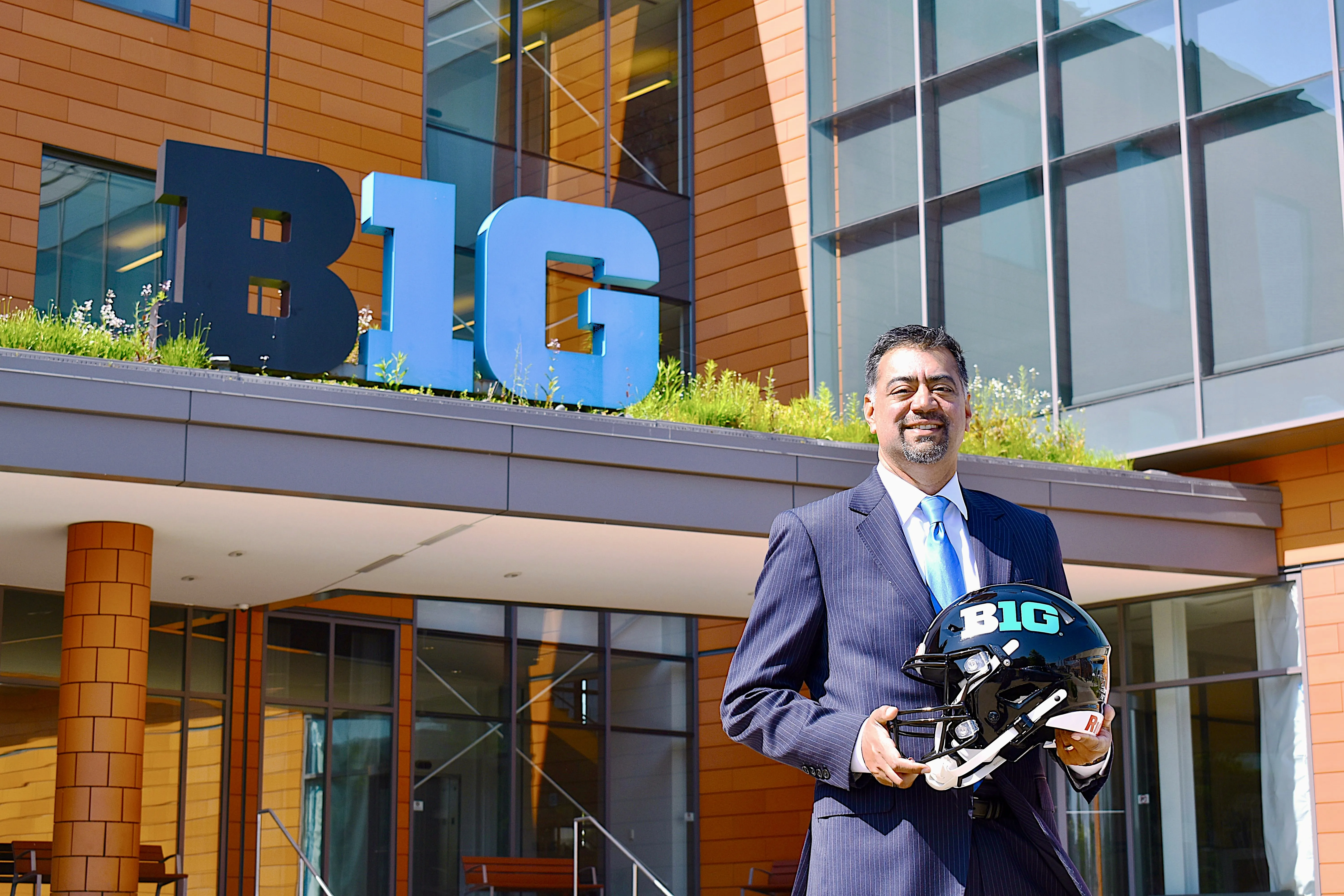Sarah Horvitz, ’05, Major League Baseball Senior Vice President

Sarah Horvitz, ’05, began her journey into the world of sports early as a competitive skier. A member of the US Ski Team, her Olympic hopes were shattered by a career-ending knee injury ten months before the 2002 Winter Games in Salt Lake City. Fortunately, Horvitz kept up with her studies throughout her athletic training and finished her BA at Wellesley College. A year later, she enrolled in the Law School.
Initially, Horvitz contemplated using her legal education to pursue a career as a sports agent. However, “the closer I got to that universe, and seeing how my friends and peers worked with their agents, and what their agents were responsible for, the more it struck me as a job I actually didn’t want to do,” she said.
Instead, Horvitz joined Skadden in its antitrust department, but continued to think about ways she could pair her legal career with her passion for sports. When she had the opportunity to move to another firm and help represent the national governing bodies of Olympic sports, she leapt at it. Her sports-related work included negotiating and drafting sponsorship agreements, participating in Olympic eligibility arbitrations, and assisting with arbitrations and litigation on behalf of the US Anti-Doping Agency.
In 2009, when Major League Baseball (MLB) came calling with an offer to join its legal department, Horvitz was eager to step up to the plate. Initially her work was focused on digital rights, which was an exploding growth area for MLB. An early adopter, MLB developed website and streaming platforms not only for itself, but for other sports leagues and entertainment companies as well. It was a heady time for Horvitz, who today serves as MLB’s senior vice president and head counsel, Business and Technology.
Less than a year after she took over her current role in 2019, the COVID pandemic began. “I don’t think I’ve ever worked harder than those first few months of the COVID pandemic,” she recalled. New technology tools and needs had to be reviewed, vetted, and finalized to go live, often on incredibly short timelines.
Baseball during this period went from suspending all games, to playing games in nearly empty stadiums, to using digital technologies to “populate” the stadiums with virtual fans, to reopening the games to full crowds again. Each of these operational changes had licensing, marketing, and consumer protection implications with which Horvitz and her team had to deal.
Horvitz describes a day in the life of her job today as working her way through a very long to-do list, responding to issues that crop up, and staying abreast of contract negotiations.
Being a lawyer for MLB in many ways is similar to being a lawyer for any large organization or business, Horvitz said. “The lawyers here are not here because (or just because) they are baseball fans. They are here because they are excellent lawyers. We are a consumer-facing business that builds and runs our own digital products across numerous platforms. We support a worldwide licensing business. Being knowledgeable across the breadth of MLB’s business operations is a critical aspect of what we have to do every day.”


